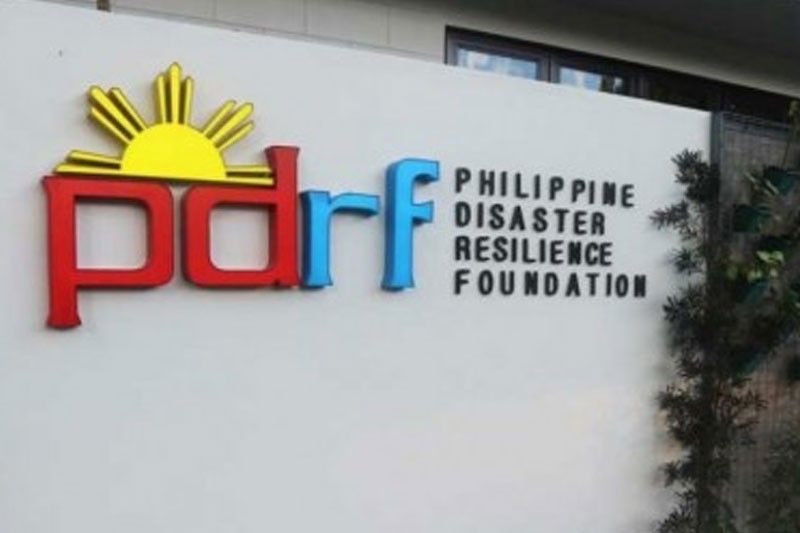Resilience program for hospitals, healthcare workers launched

MANILA, Philippines — The Philippine Disaster Resilience Foundation (PDRF)’s Project K3 recently launched a special mentorship program on public service continuity to help local healthcare workers minimize delays in the delivery of life-saving services during disasters.
The launch was held in a virtual orientation that brought together key representatives from five cities in Metro Manila (Navotas, Pasig, Parañaque, Taguig, Valenzuela) and seven hospitals (Philippine General Hospital, Ospital ng Makati, Quirino Memorial Medical Center, The Medical City, PNP General Hospital, Cotabato Sanitarium, Diliman Doctors Hospital) to participate in a series of self-paced courses and webinars in the coming months.
In partnership with the Office of Civil Defense (OCD) and with the support of New Zealand Aid and USAID Bureau for Humanitarian Assistance, the public service continuity mentorship program adopts a blended learning approach, combining self-paced online modules uploaded to PDRF’s e-learning platform, iADAPT, with three webinar write-shops where qualified public service continuity planning (PSCP) facilitators guide participants in drafting their continuity plans.
Beyond crafting a robust continuity plan, the mentorship program will also create public-private Communities of Practice and foster new health resilience champions who will both support the response to the current pandemic and prepare communities for future disruptions.
During the launch, New Zealand Ambassador Peter Kell and Department of Health (DOH) Health Emergency Management Bureau Director Dr. Gloria Balboa reiterated the need for a public-private collaboration in the face of disruptions.
“Significant, unexpected, and hard to predict events are inevitable. Within this uncertain future environment, public service continuity planning is an important requirement for success. It is vital that we must build communities which not only survive but thrive despite adversity,” Kell said.
“DOH, in particular, and the government, in general, cannot do this alone. We need partners like [PDRF and New Zealand Aid] for a whole-of-society, whole-of-nation approach to achieve our goal of a healthy and resilient Philippines in this new normal,” said Balboa.
PDRF president Rene Meily also emphasized the pandemic’s far-reaching impact and how Project K3 can contribute to the country’s recovery from its adverse effects.
“COVID-19 has demonstrated how connected we all are. We truly are all in this together. What happens in a city that no one ever heard of, a continent away, can affect each of us,” he said. “We believe that the K3 program can help protect ourselves, our families, and our country from this deadly disease.”
The COVID-19 pandemic has thrown public servants into a frenzy as they struggle to respond to an unprecedented crisis with no clear roadmap. Never has there been a greater need to equip them with the essentials of public service continuity.
In 2017, PDRF and OCD pioneered the PSCP Program to address the need for the government to continue the delivery of critical services during emergencies and disasters. Following the publication of the PSCP Guidebook last year, PDRF and OCD also conducted several batches of basic and advanced courses and trained nine local government units and government agencies in completing the first drafts of their continuity plans.
- Latest
- Trending






























